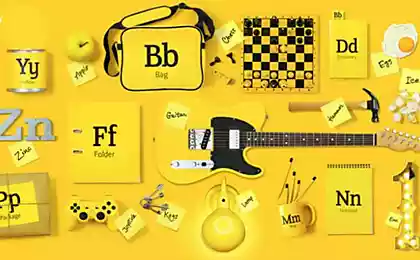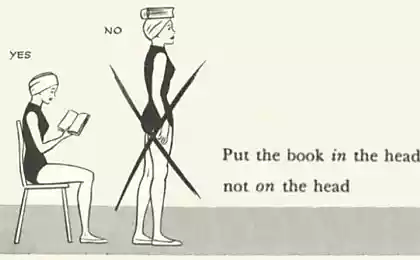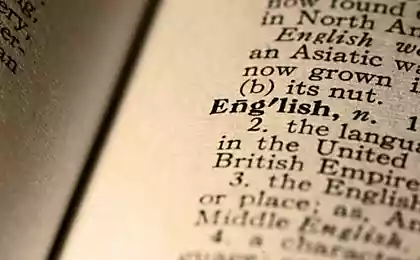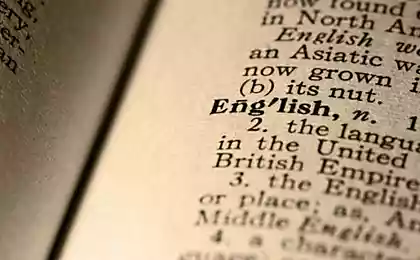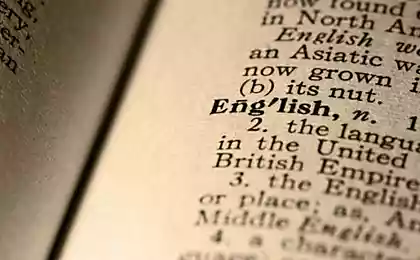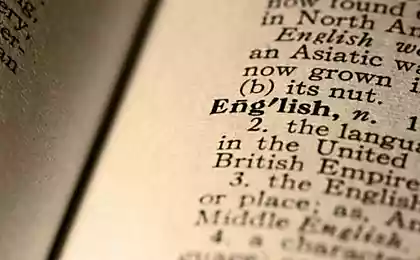188
English phrases for polite dialogue
Anyone who is only learning the rich world of English may not see the subtle difference between "Ecuse me" and "I'm sorry." But apologizing correctly is an important skill that will always help in an unpleasant moment. There is no irreparable situation for someone who always knows how to choose the right words.
And today's edition. "Site" will tell you how Apologize in English in awkward situations, so that foreigners see you as a well-bred and friendly person who knows how to admit their mistakes.

The English are made to apologize almost for every sneeze. And if our man decides to apologize to a stranger, unless he hits him with a bicycle on the sidewalk, the Englishman will say "sorry", even if he accidentally approaches you at a distance of half a meter. Violation of personal space here is also a crime.
In what situations to use the right phrases so that you are not considered ignorant, but perceived as a well-mannered person? Let’s look at the expressions that are used most often.

Know these apologiseYou will feel more confident in every conversation. Therefore, do not hide this cheat sheet of politeness until you remember what phrase is used in what situation. To hear a polite person is very worthy, especially in our difficult times.
And today's edition. "Site" will tell you how Apologize in English in awkward situations, so that foreigners see you as a well-bred and friendly person who knows how to admit their mistakes.

The English are made to apologize almost for every sneeze. And if our man decides to apologize to a stranger, unless he hits him with a bicycle on the sidewalk, the Englishman will say "sorry", even if he accidentally approaches you at a distance of half a meter. Violation of personal space here is also a crime.
In what situations to use the right phrases so that you are not considered ignorant, but perceived as a well-mannered person? Let’s look at the expressions that are used most often.

- "Ecuse me" or "I'm sorry"
These expressions are translated by the familiar word “sorry”, which confuses many. Remember, “Ecuse me” is a phrase you’re not so much apologizing to as trying to attract attention, apologizing for distracting someone. When you say “I’m sorry,” you’re asking for forgiveness for something you’ve already done. For example, you really stepped on a man’s foot or broke his favorite cup. How can I not apologize?
- Different degrees of courtesy
"Sorry" can be thrown without stopping, if you are in a hurry and on the move someone easily hurt. By saying "I'm sorry," you're already showing more courtesy and remorse, showing yourself to be a more polite person who is definitely worth forgiving. The phrase "I'm so sorry" shows that you're so sorry, you're terrified that you did this. You don't say that on the move, so you have to stop, if only for the sake of decency. “I’m very sorry” or “I’m terribly sorry” sounds like an excuse. It is appropriate to put your hands together to try to forgive you.
- Ask for forgiveness from someone you know.
More often than not, we damage people we know, not people we just saw. With the phrase “Please, forgive me!” you can ask forgiveness for serious misconduct from an English-speaking interlocutor, whom you have known for many days. If you're late for class, don't shock the teacher, just use "I'm sorry for coming late."
- Options for apology
When you feel remorse for another person, it seems wrong to say a standard apology. It’s all my fault, don’t be angry, or I really didn’t want to.
- Acceptance of apology
Since the English like to apologize for the slightest misconduct, it is necessary to know how to take these apologies correctly. Never mind. - It's okay.
That's quite all right. - It's all right.
Forget it. - Just forget it.
That's OK. - It's all right.
It's not important. - It doesn't matter.
Don't worry. You couldn't help it. - Don't worry. There was nothing you could do.
Know these apologiseYou will feel more confident in every conversation. Therefore, do not hide this cheat sheet of politeness until you remember what phrase is used in what situation. To hear a polite person is very worthy, especially in our difficult times.
The art of maintaining an interesting conversation for beginners
A recipe for pancakes without soda and yeast











